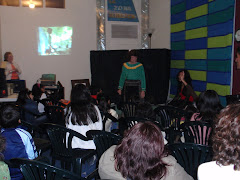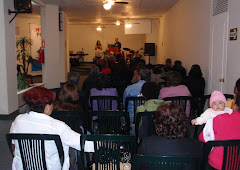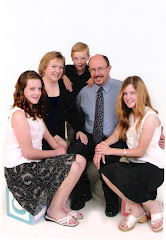In my article on "moldy churches" I wrote about unresolved conflict and how it can create divisions in the church. The same principles apply to families as well. Recently I saw this firsthand.
Our human nature encourages us to wait, rather than take action. This is especially true here in Peru. It is part of the culture as well. The Spanish language uses the reflexive tense to emphasize a common understanding that many times things "just happen" on their own. If a plate falls to the ground (se cayó el plato), it's as if the plate does it by its own effort. As a result no one is responsible for the broken plate. If someone loses his/her computer (se me perdió la computadora), it's as if the computer lost itself. No one is responsible for its loss. Their world view allows things to just happen on their own accord. The same concept can be extended to problems. Problems should solve themselves, especially if one waits long enough. It is not necessary to do anything, because eventually it will work itself out.
A couple of weeks ago I spoke on unity in the Body of Christ. I pointed out that conflicts in families, at work and in the church don't just happen. People are responsible for the conflicts. I also told them that conflicts don't solve themselves. In fact they get worse when they are ignored. People must decide to do something or the conflict will never go away.
After church the parents asked to speak with me. They finally decided to do something to end the "war." Over the past few days they have taken positive steps to reach out to their daughter. I trust it will be bring about restoration.









































